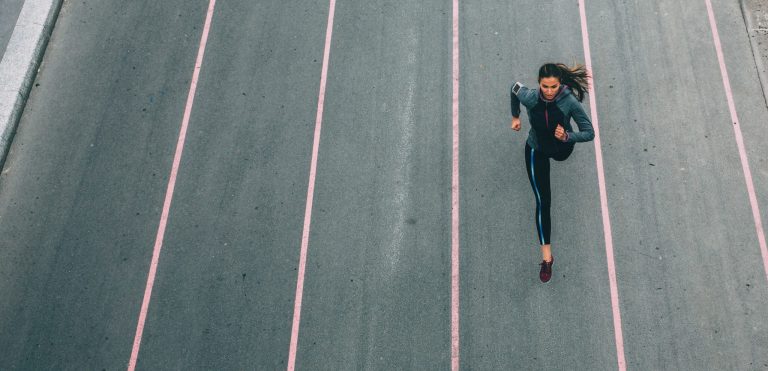So you’ve been exercising for quite a while. You sleep better, feel stronger and everyone notices your heightened confidence and improved posture. There’s just one problem – you don’t seem to be losing as much weight as you originally intended to. At this point you might be wondering, whether and how to deplete glycogen.
One way to go about this situation is to simply appreciate the benefits you’re already getting from exercising – isn’t feeling better and looking better enough? Another way is related to the mysterious substance called glycogen – but does depleting glycogen stores really cause weight loss?
For your body and for your brain
To put it simply, glycogen is a form of glucose (sugars) that your body stores as a sort of energy reserve. So if you didn’t get enough energy from food or if you’ve been doing strenuous exercise, your body starts to break stored glycogen down in order to “keep the systems running”.
Why doesn’t it break down fat instead? Well, glycogen is important to keep your blood sugar levels up, and, even more importantly, to provide food for your brain. Even though it’s not as energy-efficient as fatty acids, glycogen is our bodies’ fuel of preference.
Where does the fat go?
So, does the breaking-down of fat ever happens? Of course – otherwise gaining weight would be a one-directional process and, having gained some, we would have to stick with it forever (can you imagine!). Once we deplete glycogen stores, the body starts using fat and protein as its fuel. Seems like great news if you wish to get rid of the fat or build the muscle mass.
Don’t overwork yourself
Burning some fat – or building muscle tone – may look like a good prospect, but you have to be careful, otherwise your body might just start to shut down. You know that feeling when you’re doing a long run and, even if you’re properly hydrated, at a certain time you feel like you’re about to pass out? That’s the glycogen depletion working and you definitely don’t want to collapse in the middle of the road or during the training.
What is water weight and why does it come back?
We all want good results and avoid the negative consequences, right? So if you decide glycogen depletion is right for you, you might want to consider the right diet.
One of the most popular diet choices is limiting your carbs intake. Once you start doing this, you might notice your weight drop considerably. But it’s not yet time to start celebrating, because the glycogen-storing system will recover and so will your lost weight. Since glycogen is stored in a form that consists mainly of water, your body will soon learn to make up for the water-weight you lose. Liver glycogen depletion time varies from person to person, but don’t worry: you are already on your way to a slimmer and more muscular figure.
Glycogen depletion workout
Once you decide on a diet that’s right for you, it’s time to choose the right exercise.
To boost your endurance and avoid negative effects of glycogen depletion, short high-intensity workouts are recommended. There’s no universal recipe for those, so you should consider what’s right for your body. For some that would be cardio intervals, for others – running or climbing steps or repeated lifting. Try to think which exercises put you in the good mood as well – you’ll be repeating these exercises a lot and be very tired afterwards, so it’s important to choose something you actually enjoy doing.
Listen to your body
If you’re trying to build muscle, have a protein source ready during the workout. Don’t continue for more than a couple of hours at a time, even including the short pauses – high intensity workouts are meant to be short. Remember, you can always continue the next day! After the training, treat yourself to delicious food: if you consume glucose, your glycogen-storing system will learn to absorb it better, in this way improving your endurance.
Most importantly, listen to your body. If you feel something isn’t working, don’t be afraid to change.





